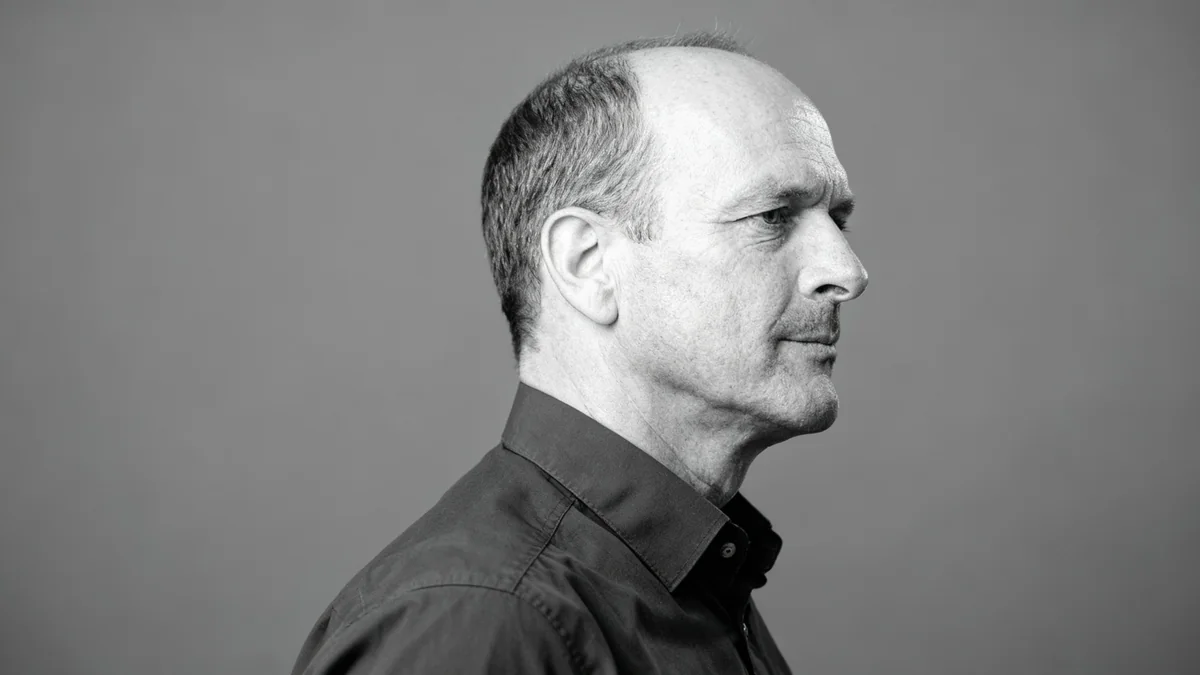A Bernese cyclist's attempt to deduct approximately 3800 Swiss Francs in cycling-related expenses, including energy bars and hotel stays, from his taxes has been unsuccessful. The cantonal tax appeals commission ruled against the individual, concluding that most of the claimed costs were not professionally necessary.
The case highlights the strict criteria applied to tax deductions for personal expenditures, even those related to commuting. The commission's decision underscores the distinction between personal fitness and professional necessity in tax law.
Key Takeaways
- A Bernese cyclist sought to deduct 3800 CHF for bike costs, energy bars, and hotel stays.
- The tax appeals commission rejected most claims, citing a lack of professional necessity.
- Only a standard flat-rate deduction for commuting was allowed.
- The cyclist was also ordered to pay 900 CHF in procedural costs.
Detailed Claim Breakdown and Commission's Ruling
The individual, who commutes over 30 kilometers daily by bicycle, submitted a detailed list of expenses for the 2020 tax year. His claim far exceeded the standard flat-rate deduction typically granted for bicycle commuters.
Among the itemized costs were various categories, some of which the tax authorities deemed highly unusual for a professional deduction. The commission meticulously reviewed each component of the claim.
Claimed Expenses
- Bicycle Depreciation: 756 CHF
- Repairs: 324 CHF
- Energy Bars: 1550 CHF
- Hotel Stays (due to bad weather): 226 CHF
- Cycling Clothing: Unspecified portion within the total
The Tax Administration's Initial Stance
Initially, the Bern cantonal tax administration only approved a standard flat-rate deduction of 700 Swiss Francs for the cyclist's commuting expenses. This decision prompted the individual to appeal to the tax appeals commission, arguing for the full recognition of his actual costs.
The administration's position reflected a common approach to commuter deductions, where a standardized amount is often preferred over itemized personal expenses unless a clear professional link can be established.
Energy Bars: A Culinary Conundrum for Tax Deductions
One of the most notable items in the cyclist's claim was the substantial amount spent on energy bars. The individual sought to deduct 1550 Swiss Francs for these nutritional supplements, arguing they were essential for his daily long-distance commute.
However, the tax appeals commission took a firm stance on this particular expense. They concluded that while food is undeniably important for daily life, energy bars did not possess a sufficiently direct and necessary connection to income generation to qualify as a professional expense.
"Power bars are not a business expense. While nutrition is important, there is no sufficiently close connection to earning income," the commission stated in its decision.
This ruling sets a precedent that personal dietary choices, even those supporting a demanding commute, generally fall outside the scope of deductible professional expenses.
Understanding Professional Expenses
In Swiss tax law, professional expenses are typically defined as costs incurred directly and exclusively for the purpose of earning income. This can include specialized tools, work-related travel, or specific training. Personal lifestyle choices, even if they support work performance, are generally excluded.
Hotel Stays and Weather Conditions
The cyclist also attempted to deduct costs for two hotel nights, totaling 226 Swiss Francs. He claimed these stays were necessary due to adverse weather conditions preventing him from cycling home.
The commission investigated this claim by examining weather data for the dates in question. Their findings directly contradicted the cyclist's assertion.
Official weather records indicated dry conditions on the days the hotel stays were claimed. This discrepancy led the commission to reject these expenses, further cementing their view that the claims lacked a clear professional justification.
The Commission's Final Assessment
The tax appeals commission ultimately concluded that the individual was a "passionate cyclist". However, they firmly categorized most of his claimed expenses as private fitness costs rather than professional necessities. This distinction is crucial in tax assessments, as personal hobbies and health maintenance are generally not deductible.
The only allowance made was the standard flat-rate deduction for bicycle commuters, which had already been granted by the tax administration.
Financial Implications for the Cyclist
Beyond the rejection of his substantial claims, the cyclist faced additional financial repercussions. The tax appeals commission ordered him to pay 900 Swiss Francs in procedural costs.
This outcome underscores the financial risks involved when appealing tax decisions, particularly when the claims are deemed to lack sufficient legal basis. The case serves as a reminder for taxpayers to carefully review what constitutes a legitimate professional expense before making deductions.
Key Figures
- Total claimed: ~3800 CHF
- Amount allowed by administration: 700 CHF (flat rate)
- Procedural costs for cyclist: 900 CHF
This ruling from the Bern cantonal tax appeals commission provides valuable insight into the interpretation of tax law regarding commuting and personal expenses for active commuters. It reinforces the principle that personal fitness and comfort, while important, are generally not considered tax-deductible business costs.




